Feb 23, 2021
Top 10 Cities For Urban Ag

According to Agritecture’s Founder and CEO, Henry Gordon-Smith, urban agriculture “is about more than just what food is produced. Urban agriculture can impact society, the environment, and even the entrepreneurs running and operating these farms to unlock the food and water nexus”.
With urban populations exponentially growing, and climate change challenging traditional farming methods and food security, cities are rushed to seek out innovative solutions and risk-taking entrepreneurs to help solve these crises. Following this, urban agriculture has risen to the forefront of grassroots urban movements around the world.
Here are ten cities paving the way forward for urban agriculture:

Iwan Baan/Courtesy West8
New York City, USA
NYC has been a longtime advocate for urban farming. Given the steep cost of land and lack of space, one would think the city to have few farms. In fact, NYC has over 550 community gardens on city property, over 745 school gardens, and over 700 gardens at public housing developments. The city boasts great focus on education and repurposing abandoned spaces. The GrowNYC Teaching Garden, pictured here, is a 21,000-square-foot urban garden filled with vegetable beds made from recycled materials, which hosts workshops and events for agricultural education.

Image sourced from Aglanta
Atlanta, USA
Much like NYC, Atlanta has been leading the urban agricultural revolution by being the first major city to hire an Urban Agricultural Director. Former Mayor Kasim Reed acknowledged urban agriculture as a movement that can help “eliminate food deserts” and improve “access to healthy food options”. Not only this, urban farms have provided outdoor classrooms for STEM education and food access for low-income neighborhoods.
Along with the Mayor’s Office of Atlanta, Agritecture had the pleasure of hosting the Aglanta Conference, a gathering to showcase urban and controlled environment agriculture (CEA) innovation, foster community engagement, and generate economic development.
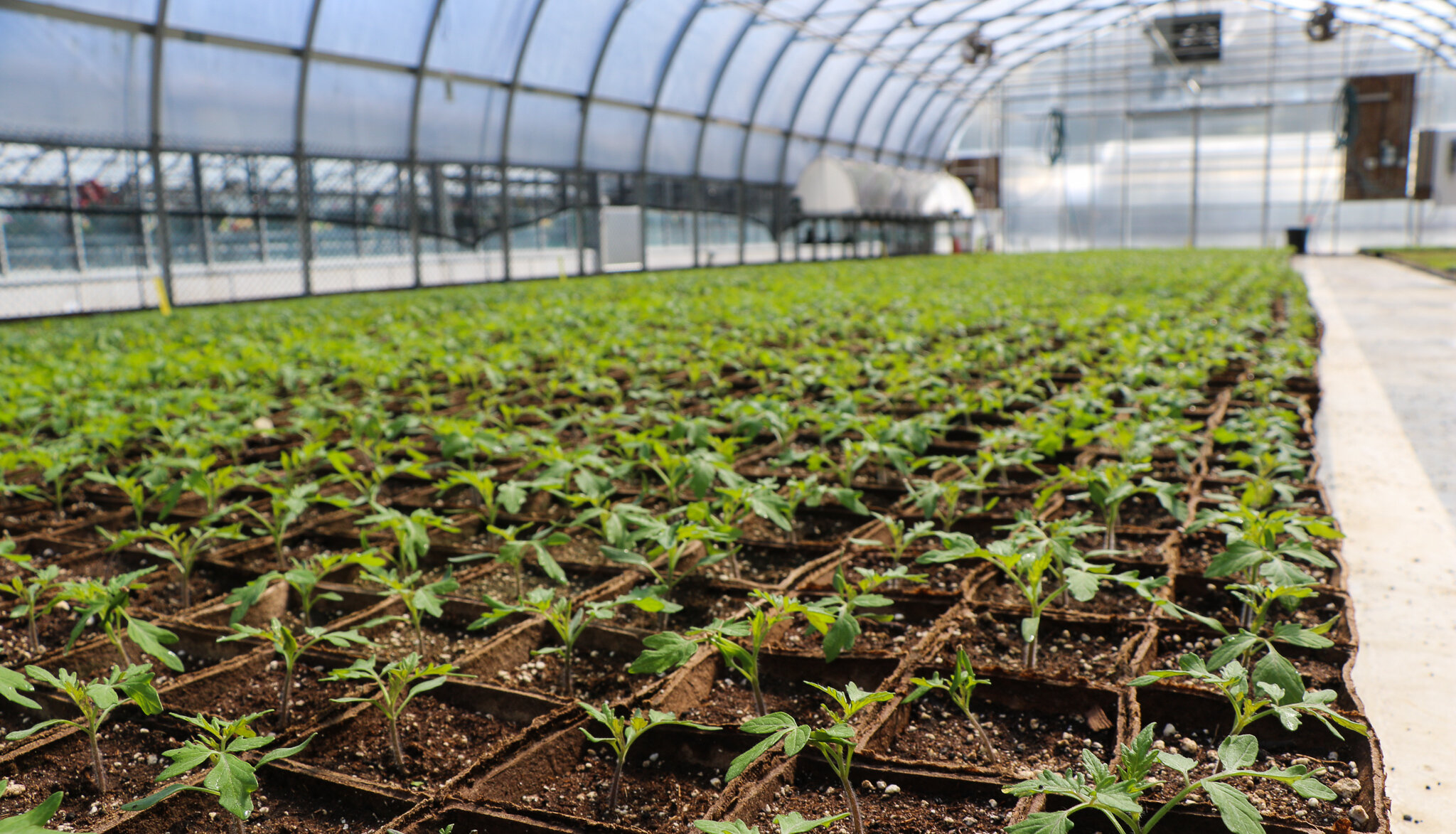
Image sourced from the ‘Get Growing, Victoria! program
Victoria, B.C., Canada
Known as the “city of gardens”, Victoria prides itself on the use of urban agriculture for increased community resilience and food security. The “Get Growing, Victoria!” program helps distribute free food seedlings to support communities disproportionately impacted by Covid-19. So far, over 75,000 edible plant starts have been grown by the City to directly serve and secure food for 10,000 households
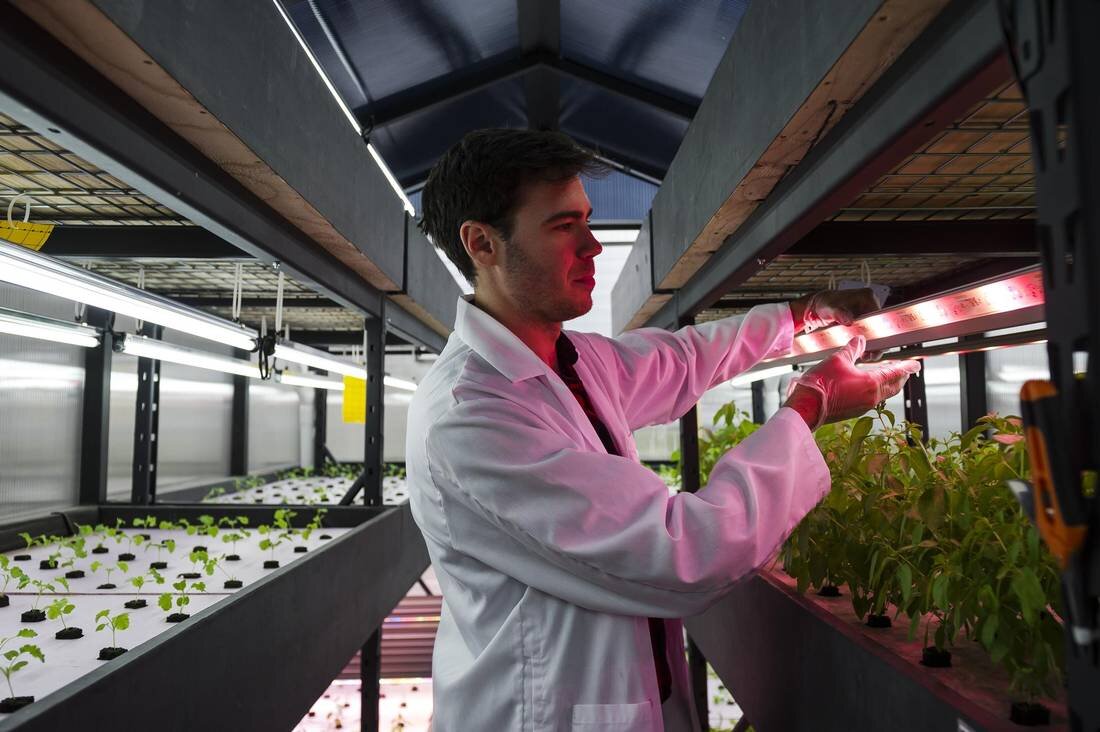
Image sourced from Ripple Farms Inc.
Toronto, Canada
166 active Canadian AgriFoodTech startups were recognized by AgFunderNews in 2019, many headquartered in the Greater Toronto Area. With the Canadian Agricultural Partnership investing $3B over the next 5 years, agricultural startups are only to keep growing in Toronto. The bustling city also boasts plenty of fish farms, rooftop planters, and vegetable patches, making Toronto a slow but growing leader in the urban ag space.
Learn more about Toronto’s agricultural scene at #AgritectureXchange - access to the conference ends March 4, 2021.
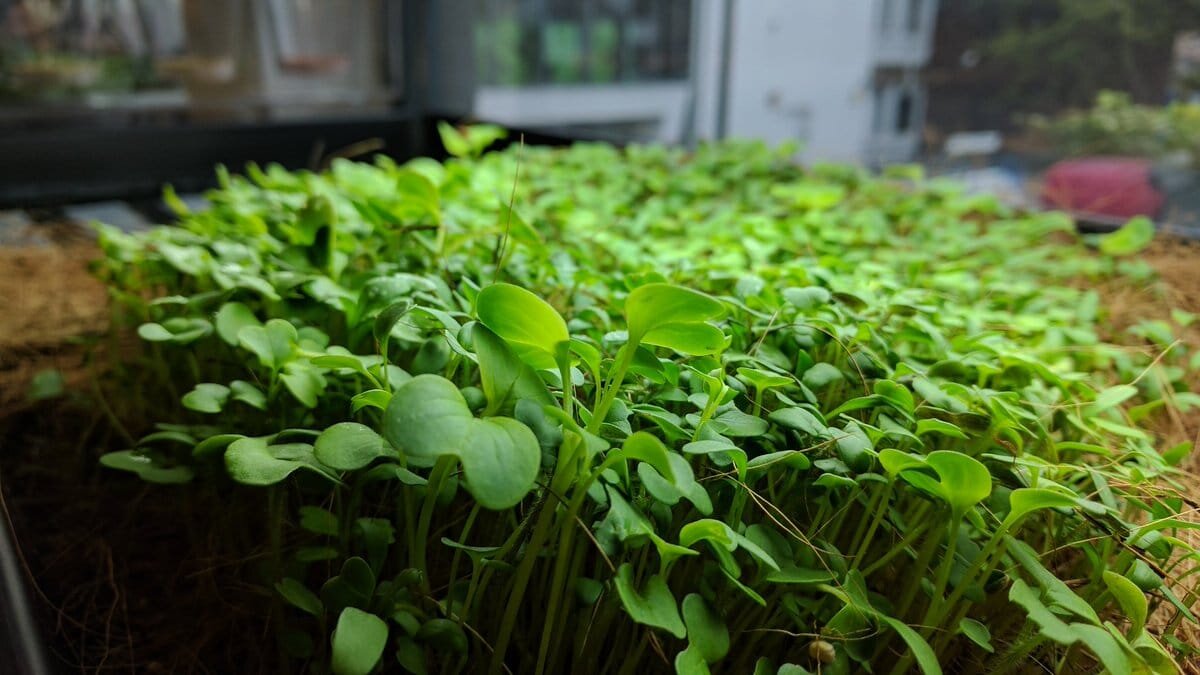
Image sourced from Green Lab
London, UK
With food growing on rooftops and in tunnels, London has become a hotspot for urban agriculture and community gardening. Green Lab is leading this popularity by being the city’s first agritech incubator workspace for urban farming entrepreneurs. They’re working to create a new city community for sustainable food innovators in the capital and country’s growing £14 billion agri-tech sector.
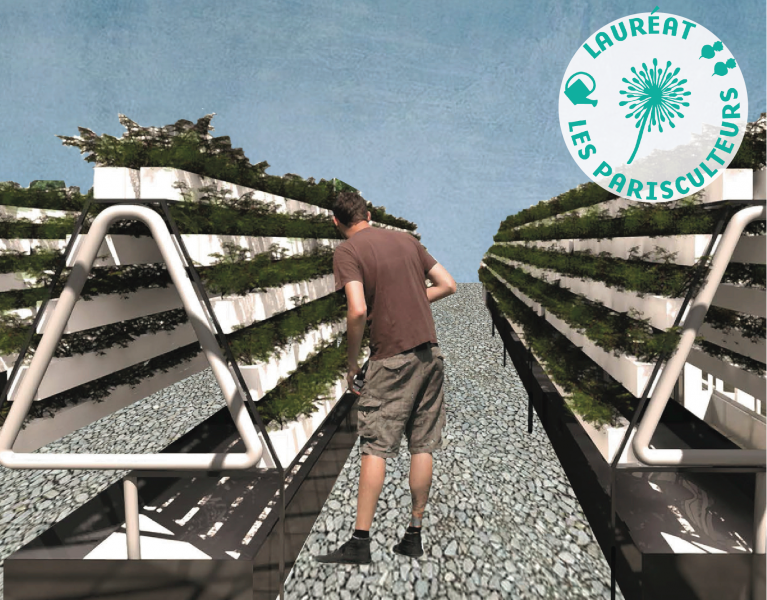
Image sourced from the Parisculteurs initiative
Paris, France
Since 2016, in coordination with the Mayor of Paris, this city’s Parisculteurs initiative has been working to cover unused spaces like rooftops and walls with 100 hectares (247 acres) of vegetation. The program helps maintain biodiversity and encourages more connection with the environment and our food, whilst allowing us to address issues of urban space re-naturalisation, the sustainable use of resources, and social integration.

Image sourced from the Sustainable City
Dubai, UAE
Sustainable City is a $354 million megaproject with driverless cars, greenhouses, and solar-powered villas, making it the first net zero energy development in the city. The development boasts 11 natural ‘biodome’ greenhouses, 32,300 square feet of outdoor urban farms, and individual garden farms for local food production. This project proves the endless possibilities of urban agriculture in a desert environment.
Find out more in this episode of Locally Grown In!
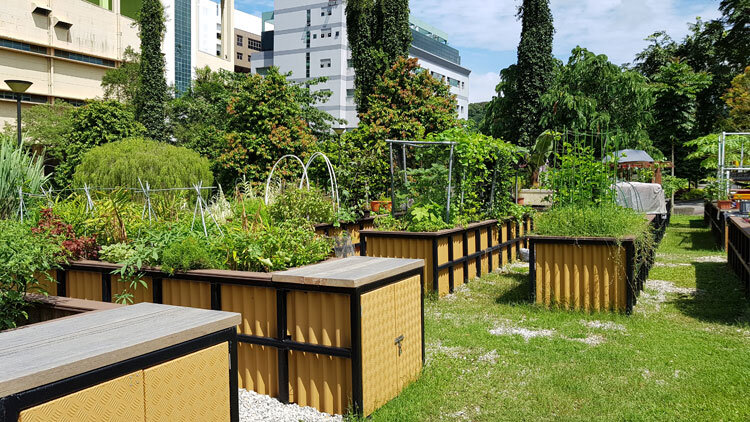
Image sourced from the Community in Bloom initiative
Singapore
Urban farming in Singapore is a central focus of the government and local organizations, bringing in the whole country to find innovative ways to increase local agriculture in a very urban setting. The government’s Community in Bloom initiative has enabled the construction of 1,500 community gardens, whilst an entire national park, HortPark, has been converted to allotment gardens, themed gardens, and educational workshops for aspiring urban farmers. These urban farms were particularly successful in building resilience for the Singaporean community during Covid-19.

Image sourced from Urban Harvest
Brussels, Belgium
Brussels is a city-region which bets on urban agriculture to stimulate a sustainable food-based local economy. Resident demand for organic and locally grown produce has accelerated a healthy network of both urban and rural farms. The Good Food Strategy is a policy that calls for a 30% reduction in food waste by 2020, 30% autonomy in fruit and veg by 2035, and a 30% increase in revenue from organic food. Additionally, entrepreneurs like Urban Harvest are rising to the table to use minimum inputs to produce maximum yield.
Find out more in this episode of Locally Grown In!

Image sourced from Urban Roots
Manila, Philippines
Recent multi-sectoral initiatives in Manila have led to the expansion of city farming activities. The city government has entered into a partnership with the Department of Agriculture to promote urban gardening as a means to ensure stability of food supply and help alleviate poverty within the communities, whilst the Senate is deliberating a bill that promotes urban ag nationwide.

